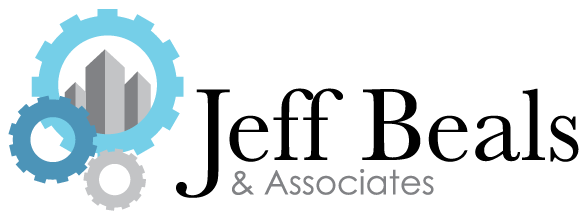By Jeff Beals
There was a time, back in feudal England, when taking a dispute to court was generally considered a bad idea.
The final decision depended on the king’s interpretation of the conflict. That interpretation could be influenced by the king’s mood, how closely he paid attention the arguments and whatever preexisting biases he may have possessed.
And here’s the really bad part: the losing party was sometimes accused of perjury and occasionally put to death. Going to court was a high-stakes endeavor.
Suffice it to say that Medieval English merchants figured out it was better to resolve disputes amongst themselves rather than risk the king’s wrath. That eventually led to the use of contracts in the English legal system.
I once attended a contract law seminar in order to earn continuing education credits, and I’ll always remember how interesting the instructor was. I’m a history buff, so I enjoyed hearing the instructor explain the historical underpinnings of modern contract law at the start of the class. He used one term in particular that caught my attention and stuck with me: “system of reliabilities.”
In order for our modern, contract-dependent society to work, we operate within a system of reliabilities, meaning we have a reasonable expectation that the people around us can be counted on to carry out their obligations. As a simple example, the instructor said when you drive an automobile, you’re participating in a system of reliabilities – you have a reasonable expectation that other drivers will stay in their lanes and yield the right of way as appropriate.
The more I thought about the concept, “system of reliabilities,” the more intrigued I became. Regardless of what you do for a living, you participate in a system of reliabilities every day as you do your work. If you work in a large organization, you depend heavily on your colleagues. Even if your business is merely a one-entrepreneur shop, you still depend on your vendors and clients.
Since there is no escaping the system of reliabilities in which we live and work, it’s a good idea to assess whether we are adequately doing our parts, playing our roles. A healthy economy and vibrant marketplace depend upon a system of reliabilities working properly. When it comes to our personal obligations, here are a few key components of the professionals’ system of reliabilities:
- Ethical decision-making and behavior
- Following laws and abiding by organizational rules and regulations
- Being sensitive to institutional norms and expectations and behaving in accordance to them
- A willingness to accept responsibility and to hold yourself accountable for your words and actions
- Detailed and thorough communication so everyone is on the same page
- Completing projects and tasks properly and on time
- Empathy and understanding
- Teaching, training and mentoring
- A commitment to education – A society is more prosperous when its members continually learn
- Forgiveness – helping others recover from their mistakes and transgressions
- Charity for those who need help
- Bravery – so you can stand up to evil
Those are some of the things that come to my mind. I’m sure I could think of a hundred more if I tried, because in order for us to be successful, we need our fellow people to meet a lot of obligations.








